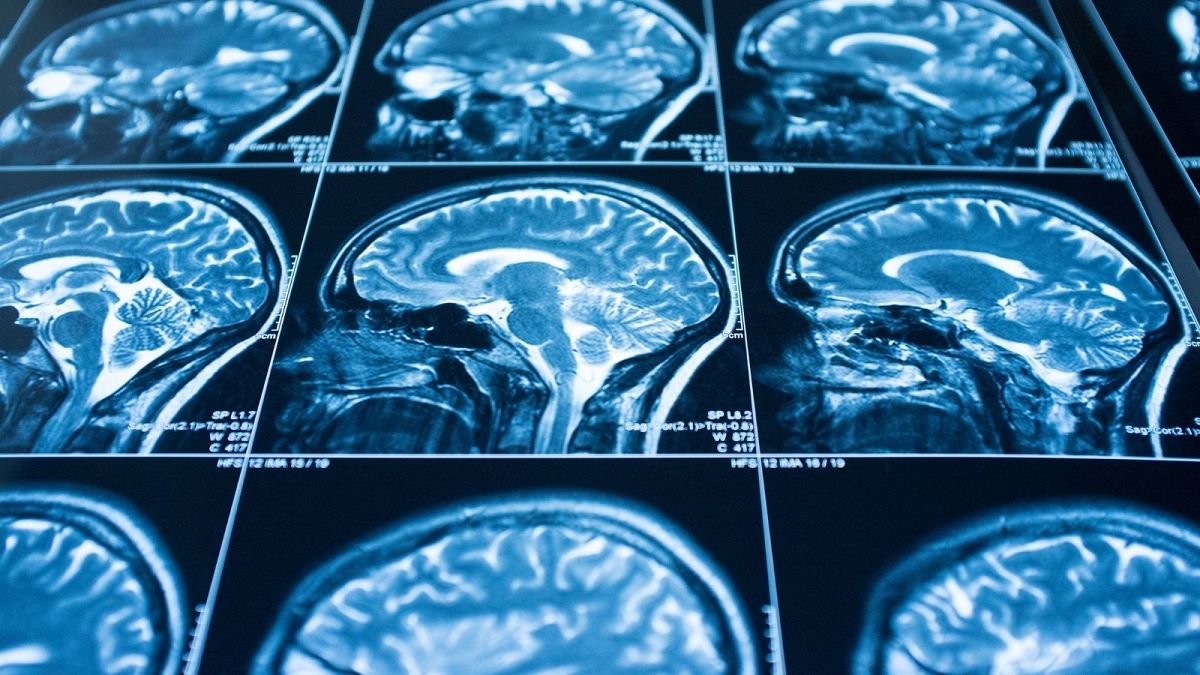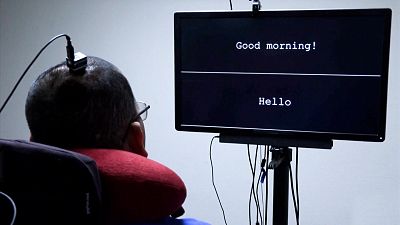The brain activity of an 87 year-old man was accidentally recorded by scientists as he died providing a unique insight into what happens when we pass away.
Scientists unintentionally recorded the brain activity of a dying 87 year-old man providing an insight into what happens to our brain when we die.
The elderly man was admitted to hospital after a fall and developed epilepsy. Dr Raul Vicente of the University of Tartu, Estonia and his colleagues used continuous electroencephalography (EEG) to detect the seizures and treat the patient.
During these recordings, the patient had a heart attack and passed away. This unexpected event allowed the scientists to record the activity of a dying human brain for what they believe is the first time ever.
Our lives flashing before our eyes phenomenon
Reports of people’s lives flashing before their eyes when they have a near-death experience have been well documented and have long puzzled neuroscientists.
A 2017 psychological study into the phenomenon found that those who experienced it had many similarities and that the memories did not come to them in a linear fashion, but from random points of their lives.
This new research, which was published on Tuesday in the journal Frontiers in Ageing Neuroscience, looked at the neurological reasons for the phenomenon and suggests that the brain may remain active and coordinated during and even after the transition to death, and be programmed to orchestrate the whole ordeal.
“We measured 900 seconds of brain activity around the time of death and set a specific focus to investigate what happened in the 30 seconds before and after the heart stopped beating,” said Dr Ajmal Zemmar, a neurosurgeon at the University of Louisville, US, who organised the study.
“Just before and after the heart stopped working, we saw changes in a specific band of neural oscillations, so-called gamma oscillations, but also in others such as delta, theta, alpha, and beta oscillations”.
Brain oscillations (more commonly known as “brain waves”) are patterns of rhythmic brain activity normally present in living human brains. The different types of oscillations, including gamma, are involved in high-cognitive functions, such as concentrating, dreaming, meditation, memory retrieval, information processing, and conscious perception, just like those associated with memory flashbacks.
“Through generating oscillations involved in memory retrieval, the brain may be playing a last recall of important life events just before we die, similar to the ones reported in near-death experiences,” Zemmar speculated.
“These findings challenge our understanding of when exactly life ends and generate important subsequent questions, such as those related to the timing of organ donation”.
Further research needed
While this study is the first of its kind to measure live brain activity in humans during the process of dying, similar changes in gamma oscillations have been previously observed in rats kept in controlled environments.
This means it is possible that, during death, the brain organises and executes a biological response that could be conserved across different species.
These measurements are, however, based on a single case and stem from the brain of a patient who had suffered injury, seizures and swelling, which complicate the interpretation of the data.
The researchers hope that the case study can lead to further studies and give hope to family members.
“Although our loved ones have their eyes closed and are ready to leave us to rest, their brains may be replaying some of the nicest moments they experienced in their lives,” Zemmar said.



